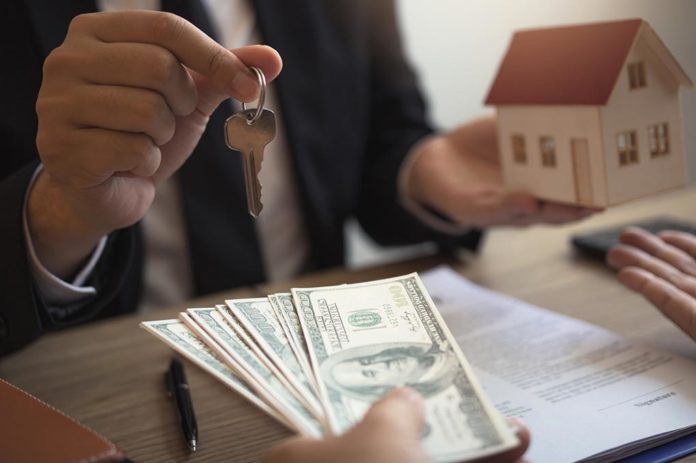In light of recent world events, President Donald Trump signed a $2.2 trillion economic rescue package into law on Mar. 27. The Coronavirus Aid, Relief and Economic Security (CARES) Act put two protections in place for homeowners with federally backed mortgages:
- Foreclosure moratorium
- A right to forbearance for homeowners experiencing financial hardship due to COVID-19
The first protection is straight to the point. Under the CARES Act, your lender or loan servicer may not foreclose on you for 60 days after Mar. 18, 2020. According to the Consumer Finance website, the CARES Act also prohibits lenders and servicers from beginning a judicial or non-judicial foreclosure against you, or from finalizing a foreclosure judgment or sale during this period.
Mortgage forbearance, on the other hand, requires further explanation. Homeowners considering forbearance should contact their lender or loan servicer for more information regarding their specific options.
What is Mortgage Forbearance?
You’ve probably heard this term more in the past two weeks than you have in your entire time as a homeowner. So, what does it mean? Is it a good idea? Do all homeowners qualify? Let’s break down the details.
MORTGAGE TERM: Forbearance is when your mortgage servicer or lender allows you to pause or reduce your mortgage payments for a limited period of time.
It’s important to note than forbearance does not erase what you owe. You must pay the payment reduction or unpaid payments later, once your income has been restored. Depending on the type of loan you have, the owner or investor requirements in your loan, and your servicer, the forbearance options will vary.
If your mortgage is federally backed…
For a homeowner to be eligible for protections under the CARES Act, your mortgage must be federally owned or back by one of the following agencies:
- U.S. Department of Housing and Urban Development (HUD)
- U.S. Department of Agriculture
- Federal Housing Administration (FHA)
- U.S. Department of Veterans Affairs (VA)
- Fannie Mae
- Freddie Mac
If you’re granted forbearance to delay making your monthly mortgage payments during the 180 days, you won’t acquire late fees or have delinquencies reported to credit reporting companies.
If your mortgage is not federally backed…
We recommend contacting your servicer. Many financial regulators have encouraged financial institutions to work with borrowers over the next few months. You may not be granted forbearance, but your servicer should be able to help identify other alternatives for your financial circumstances.
Requesting Forbearance
Under the CARES Act, homeowners experiencing financial hardship due to the COVID-19 pandemic have the right to request forbearance for up to 180 days. If you’re still facing financial difficulties after the initial 180 days, you may request an additional 180 days extension. Homeowners must contact their lender or loan servicer to request a forbearance.
Depending on your financial situation, you may be asked to explain:
- Why you’re unable to make your payment
- Details about your income, expenses, and other assets
- Whether your financial standing is temporary or permanent
It’s essential to keep other financial relief options in mind; you may not need to suspend payments entirely. Ask your servicer about the possibility of waiving late fees, loan modification, or other options that may be available for you.
PRO TIP: If you’re able to secure mortgage relief (forbearance, modification, etc.), ask your servicer to provide written documentation that contains the details of your agreement.
Once your income is restored, you can request to resume payments as usual, instead of waiting the full 180-day period. Make sure to keep an eye on your mortgage payments and credit score throughout this period in case you see any changes that shouldn’t have occurred.
Wondering what your next steps are? Contact us today for more information.






















